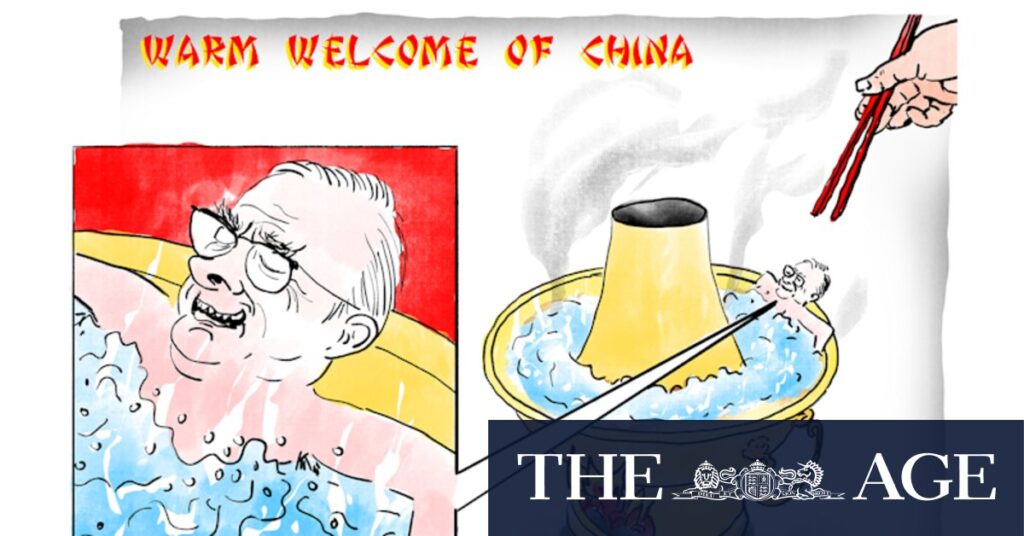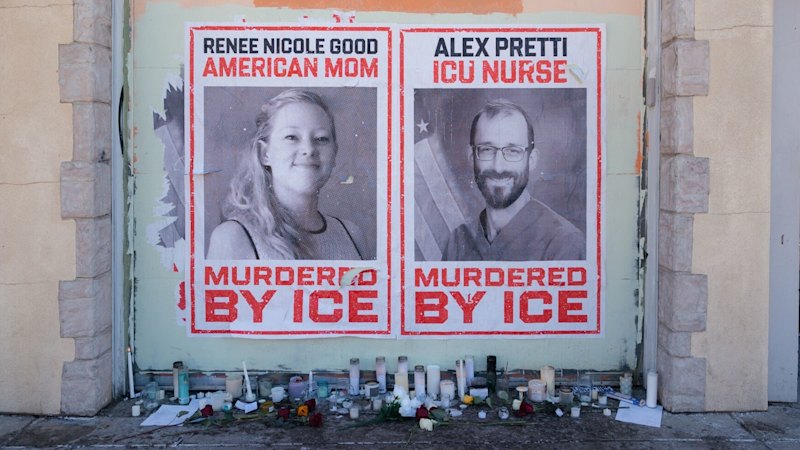
As debates around ageism and medical checks for drivers intensify, broader societal issues are also coming to the fore. Recent discussions have highlighted concerns over age-related discrimination in mandatory health assessments for drivers, sparking a wider conversation about fairness and equality in public policy.
The controversy arises as various sectors grapple with issues of entitlement and responsibility. From mental health days for younger professionals to the challenges faced by more seasoned workers, the landscape is shifting. Dr. Joseph Ting, a senior doctor with 30 years of experience, voices concerns over what he describes as a growing trend of “psychological distress syndrome” among junior doctors. He argues that this trend results in increased absenteeism, placing undue strain on colleagues who must manage demanding workloads.
Generational Tensions in the Workplace
Dr. Ting’s observations reflect a broader tension between generations in the workplace, where differing expectations and entitlements are causing friction. He notes that the frequent use of sick leave by younger doctors often coincides with long weekends, suggesting a misuse of the system that leaves others overburdened.
“The can’t-be-bothered-to-turn-up-at-the-hospital brigade means stressed colleagues who show up are obliged to shoulder busy 24/7 patient caseloads,” Dr. Ting asserts, highlighting the cascading effect of absenteeism on hospital operations.
This situation underscores the need for a balanced approach to mental health entitlements, one that supports genuine needs without compromising the functioning of essential services.
Regulatory Challenges in Childcare and Beyond
Meanwhile, the childcare sector is facing its own set of challenges. Denise Stevens from St Kilda criticizes regulatory bodies for failing to act on rising complaints, drawing parallels to past issues in vocational education and aged care. She argues for stronger enforcement of recommendations from reviews, which include better qualifications and pay for staff, improved staffing ratios, and minimizing casual workforces.
“Oh, and stop treating our children as a commodity,” Stevens emphasizes, calling for a shift in how society values childcare and the rights of parents.
Her comments reflect a growing demand for systemic changes across various sectors, where regulatory oversight and enforcement are seen as crucial to ensuring quality and fairness.
Cybersecurity Concerns and Consumer Trust
In another domain, the recent Qantas cyber breach has left many customers, including Lisa Wolper from South Yarra, feeling vulnerable and unsupported. Wolper recounts her frustrating experience of trying to secure her account post-breach, only to encounter unhelpful customer service and security concerns.
“I was left feeling powerless and completely unsupported,” Wolper shares, questioning the adequacy of Qantas’s response to affected customers.
This incident highlights the critical importance of robust cybersecurity measures and responsive customer support in maintaining consumer trust in the digital age.
Social Unrest and Institutional Responses
Melbourne’s recent violent protests have raised alarms about the impact of imported conflicts on local multicultural harmony. The attack on the Miznon restaurant and the attempted firebombing of a synagogue point to a troubling trend of radicalization fueled by social media narratives.
Russell Yardley from Woodend warns of the dangers of substituting grievance for responsibility, urging institutions to act with moral clarity to prevent further erosion of public trust.
“Victimhood has become a moral blank cheque; violence, a permitted form of protest if aligned with the ‘right’ cause,” Yardley cautions, calling for a reaffirmation of ethical reasoning in public discourse.
The Role of Special Envoys and Religious Freedom
Finally, the appointment of special envoys for religious communities has sparked debate about the balance between religious freedom and the separation of church and state. Stephen Farrelly from Donvale expresses concern that such appointments could lead to unintended divisive consequences, drawing parallels to the Indigenous Voice to Parliament.
“The road to hell is paved with good intentions,” Farrelly warns, advocating for careful consideration of the implications of granting privileged lobbying access to religious groups.
As these diverse issues unfold, they collectively underscore the need for thoughtful policy-making that respects individual rights while ensuring societal cohesion and fairness. The conversations initiated by these developments are likely to continue shaping public discourse in the months to come.





